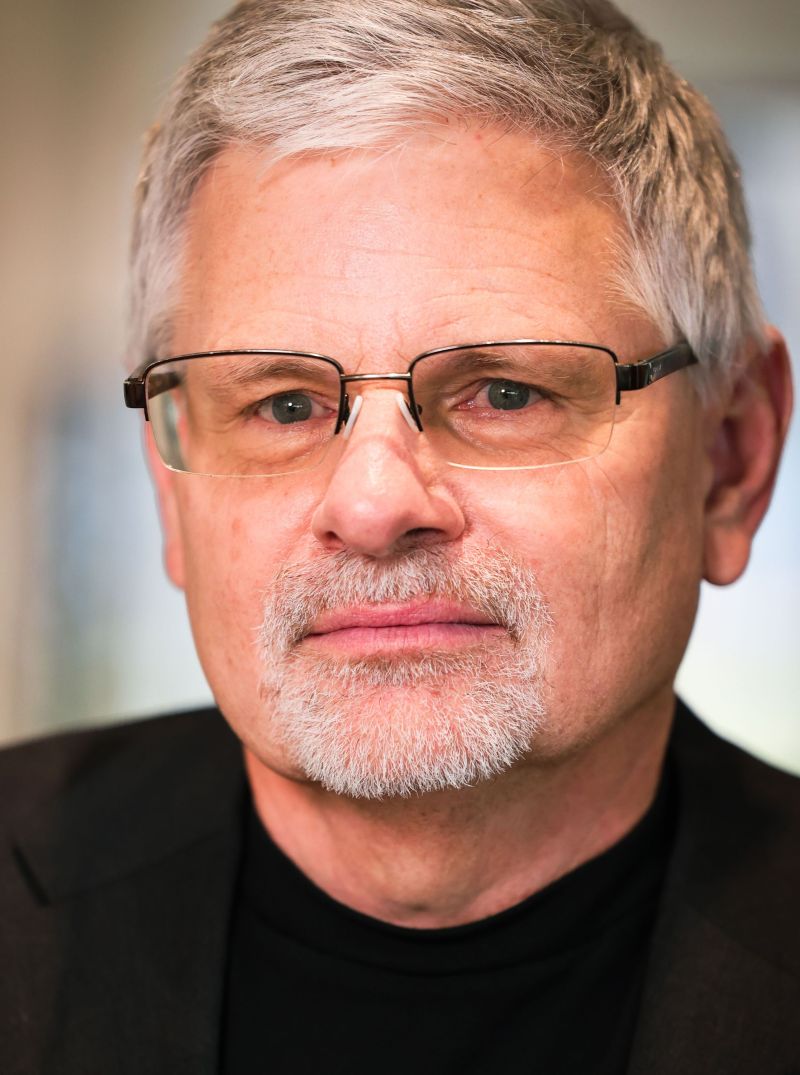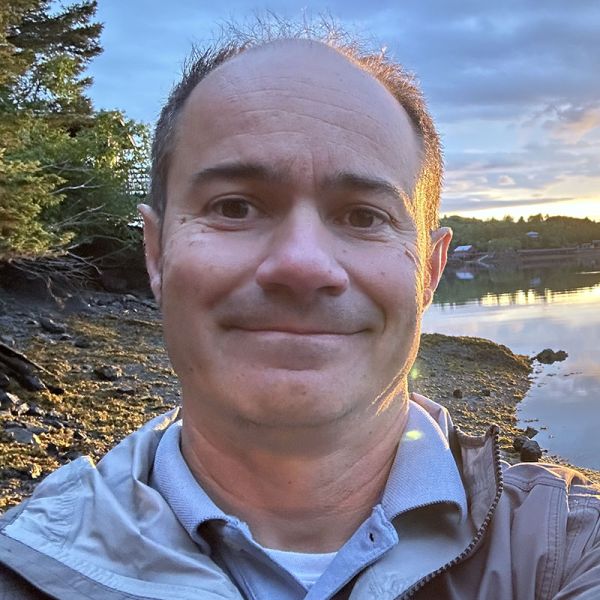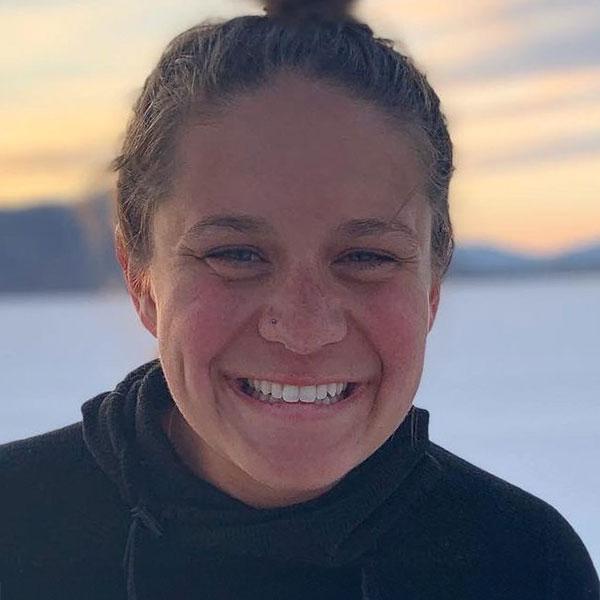Denver, Colorado: November 20, 2025
The Society for Nature and Cognition (SNAC) is an affiliate meeting to the Annual Meeting of the Psychonomic Society. SNAC aims to bring together and integrate the rapidly expanding body of empirical research exploring how nature influences attention, emotion, and other core cognitive processes. The inaugural SNAC meeting will serve as a platform for scholarly exchange and the dissemination of cutting-edge work on the cognitive effects of nature exposure and environmental context.
The theme of this first gathering, “New Pathways for Nature and Cognition,” is designed to spotlight emerging perspectives, challenge prevailing paradigms, and inspire innovative directions in the field. Topics that will be addressed at the meeting include but are not limited to behavioral and neurophysiological effects of environmental exposure, individual differences for environmental effects, settings property analysis, theoretical perspectives on nature and cognition, environmental decision making, environmental neuroscience, cross-cultural perspectives on nature and cognition, virtual and augmented nature simulations, the role of nature spaces in clinical and educational settings, methodological advances in nature and cognition, cognitive impacts of the environment across the lifespan, and more. The inaugural SNAC 2025 meeting will take place on Thursday, November 20th—immediately preceding the Psychonomic Society’s Annual Meeting—at the Sheraton Denver Downtown Hotel.
Program
The event program will consist of a keynote speaker, oral presentations, a poster session, and a networking opportunity. Please stay tuned for more details as they become available.
Keynote Speaker

David Strayer, Ph.D., is a Professor in the Cognition and Neuroscience area of the Department of Psychology at the University of Utah, where he also serves as Director of the Applied Cognition Laboratory. He earned his B.A. in Psychology and M.S. in Experimental Psychology from Eastern Washington University, and his Ph.D. in Experimental Psychology from the University of Illinois at Urbana-Champaign. Dr. Strayer has been a member of the University of Utah faculty since 1991, where he has taught and led research focused on the cognitive and neural mechanisms of attention.
Dr. David Strayer’s research focuses on the dynamics of human attention in both real-world and controlled laboratory settings. His work ranges from uncovering the cognitive limitations of multitasking—particularly in high-risk contexts such as distracted driving—to investigating how exposure to natural environments can replenish depleted attentional resources. A unifying theme throughout his research is the identification of factors that impair or enhance attention, with broad implications for safety, performance, and psychological well-being. To address these questions, Dr. Strayer utilizes a multi-method approach that integrates controlled behavioral experiments with a diverse array of converging measures. These include psychophysiological tools such as EEG, ECG, and fMRI, as well as self-report instruments and both primary (e.g., driving performance) and secondary task performance metrics (e.g., reaction time). This comprehensive methodology allows for a nuanced analysis of the cognitive and neural mechanisms underlying attention and their interaction with environmental demands. Dr. Strayer’s work not only advances theoretical models of attentional control and cognitive load but also informs practical applications. His findings have contributed to the development of safer human-technology systems, influenced public policy regarding mobile phone use while driving, and supported growing interest in nature-based approaches to cognitive restoration.
Dr. Strayer is a fellow of the Psychonomic Society, the Association for Psychological Science, and the Human Factors and Ergonomics Society. He was recently named a Titan of Human Factors and appointed as a John R. Park Professor of Psychology. His research has been supported by fellowships from NASA/AMES, the National Forest Service, and the REI Cooperative Action Fund, and he has shared his work on the TED stage.
Registration
Please register for SNAC by November 1, 2025 via Stripe using the links below. When sending your payment, please make sure to use the correct link. Faculty registration fees are $100.00 USD and all other registrant fees are $60.00 USD (postdocs, graduate students, undergraduate students, and non-academic attendees). These fees are identical for both in-person and remote attendees. In the registration portal, please be sure to include the name of the individual you are registering for and whether you/they are attending in-person or remotely.
$100.00 USD for faculty members (in-person or remote):
$60.00 USD for postdoctoral researchers, graduate students, undergraduate students, and non-academic attendees (in-person or remote):
Schedule
Location: Sheraton Denver Hotel, November 20th, 2025
Room & Time: 8:00 a.m. – 5:00 p.m. at Governor’s Square 9 (Plaza Building, Concourse Level)
Schedule in Mountain Standard Time (MST)
7:45 - 8:15: Check-in
Coffee provided for all registered, in-person attendees
8:15 - 8:25: Opening Remarks by the Organizing Committee
8:25 - 8:30: Keynote Introduction
8:30 - 9:30: Opening Keynote Speaker - David Strayer
Professor of Cognition and Neuroscience, University of Utah
9:30 - 10:15: Remote Oral Presentations
- 9:30 - 9:45 | Restoration Theories: Path to Insight or Road to Nowhere? | Yannick Joye
- 9:45 - 10:00 | Indirect exposure to climate change events differentially impacts affect, not rumination depending on levels of sensory processing sensitivity. | Annalisa Setti
- 10:00 - 10:15 | From Perceptual Fluency to Visual Stress: The Role of Visual Features in Image Scenes of Nature and Urban Environments. | Tadeáš Dvořák
10:15 - 10:30: Break
10:30 - 11:30: Remote Oral Presentations
- 10:30 - 10:45 | The Eco-Consumer’s Paradox: When Eco-labels Backfire. | Isak Sandlund
- 10:45 - 11:00 | Aging Naturally: A Follow-Up Study to Understanding How Spending Time in Nature Affects Older Adults’ Executive Functioning, Heart-Rate Variability and Affect. | Sharde Johnson
- 11:00 - 11:15 | Grow Together: The Benefits of Engaging with Nature During Conflict Conversations in Romantic Relationships. | Kathryn Schertz.
- 11:15 - 11:30 | Applying cognitive constraints to promote climate and biodiversity actions: Long-lasting effects from a brief intervention. | Junho Lee
11:30 - 12:30: Lunch Break
Lunch provided for all registered, in-person attendees
12:30 - 13:30: Oral Presentations
- 12:30 - 12:45 | Cooperation in Nature: A nature-based intervention improves collaboration and creativity. | Paul Atchley
- 12:45 - 13:00 | Perceiving Vast Spaces. | Jeanine Stefanucci
- 13:00 - 13:15 | Working Towards Researcher-Practitioner Collaborations in Nature and Well-being. | Kaiya Tamlin
- 13:15 - 13:30 | How does Gamification Affect Virtual Reality Nature Experience? | Victoria Interrante
13:30 - 13:45: Break
13:45 - 14:45: Oral Presentations
- 13:45 - 14:00 | Towards a Locus Coeruleus-Norepinephrine Account of Interacting with Nature and the Calibration of Attentional Control | Jason Watson
- 14:00 - 14:15 | The Effect of Scene Restorativeness, Naturalness, and Presentation Paradigm on p3 and LPP Topography | Salif Mahamane
- 14:15 - 14:30 | What is Nature? Student Conceptions of Nature Predict Environmental Cognition and Behavior | John Coley
- 14:30 - 14:45 | Deep brain responses to immersion in virtual reality nature: insights from a nature-deprived patient population | Rhiannon Cowan
14:45 - 15:45: Poster Presentations and Networking
- What are the implications of cognitive fatigue in attention restoration? An fNIRS study | Laurent Berthod
- Objective and Subjective Impacts of Nature Exposure on Cognitive Fatigue | Jeanne Nicole
- Forest vs. urban environment exposure is associated with improved well-being and differences in nasal microbiome composition | Connor Lashus
- Eco-Anxiety as a Predictor of Pro-Environmental Behavior Among Environmentally-Engaged Populations | Molly Schaefer
- Exploring the utility of stereoscopic, 360-degree VR nature to drive stress recovery | Eli Huskey
- Horticultural Therapy Support Group for Older Adult Caregivers: Examining Intervention Effectiveness Using Psychometrically Validated Measures | Deana Davalos
- Mental Models Matter for the Psychology of Climate Change | Joan J.H. Kim
- The Influence of Human Exceptionalist Beliefs on Social-Ecological Systems Thinking: Implications for Environmental Cognition | Daria Healey
- Cross-cultural exploration of intuitive theories of nature and pro-environmental behavior intention: study from USA and Nepal | Subina Shrestha
- Human Factors Technology in Support of a Green Environment: Contexts of Aviation and Wildfire Disaster Management | Chris Wickens
15:45 - 16:00: Break
16:00 - 17:00: Oral Presentations
- 16:00 - 16:15 | A Natural Boost to Cognitive Control? Two Pilot Studies on Nature Exposure as a Potential Modulator of the Anterior N2 Component and Midline Frontal Theta. | Sara LoTemplio
- 16:15 - 16:30 | The influence of cellphone use on attention restoration and stress recovery in nature | Amy McDonnell
- 16:30 - 16:45 | Examining Neurophysiological Responses to Immersive Nature and Environmental Images | Emily Scott
- 16:45 - 17:00 | Shaping Smoke Perceptions: The Influence of Descriptive Terminology on Public Tolerance of Wildfire-Related Air Quality | Spencer Castro
17:00 - 17:10: Closing Remarks
Abstract Submissions
The abstract submission deadline for SNAC 2025 is September 15, 2025. Submissions by undergraduate students, graduate students, and postdocs are highly encouraged.
We ask that researchers submitting abstracts to both SNAC and the Psychonomics Annual Meeting ensure that their presentations have distinctive elements. That is, please do not propose to give the same presentation twice.
Please contact us at snac.symposium@gmail.com if you have any questions about this process.
Submission Guidelines
Please adhere to the following abstract guidelines:
- Individuals may be first author on only one submission.
- Authors will have the choice to request evaluation for either a standard talk or a poster. If willing to present in either format, please indicate which format and order of preference.
- Each submission requires an abstract (min 300 words - max 500 words).
- The word limit for the abstract does not include references, but please do not include more than 10 references.
- Complete abstracts should include discussion of research questions, hypotheses, methods, results, and implications.
- Detailed reporting of statistics is not required.
Abstract Submission Template and Instructions
Please submit your abstract using the button below by September 15, 2025. Please use the abstract template (also provided below) to format your submission. The abstract template comprises of a single Microsoft Word document with the following information (in this order):
- Presentation type requested (standard talk, poster presentation)
- Presentation location (in person, remote)
- Abstract title
- Author names, affiliations, and email addresses
- Lead author title (faculty/researcher, postdoc, grad student, undergrad student, other)
- Abstract (300 to 500 words)
- References (10 max)
Review Procedure
Submissions will be blind-reviewed based on scientific merit and relevance to issues related to nature and cognition.
Meeting Organizers

Amy S. McDonnell
Postdoctoral Research Fellow, Department of Psychology, University of Utah, Salt Lake City, UT, USAProfile URL

Jason M. Watson
Associate Professor, Department of Psychology, University of Colorado Denver, Denver, CO, USAProfile URL

Alexandre Marois
Assistant Professor, École de psychologie, Université Laval, Québec, CanadaProfile URL

Sara B. LoTemplio
Committee Chair - Research
Assistant Professor, Human Dimensions of Natural Resources Department, Colorado State University, Fort Collins, CO, USA.Profile URL